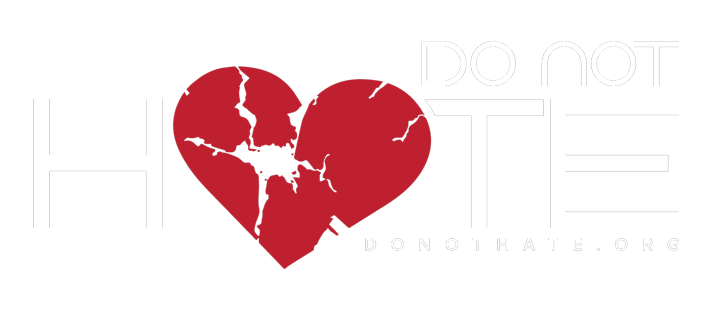
It’s time to eliminate mental health stigma in schools
More teenagers than ever suffer from anxiety.
It’s a topic no one wants to talk about. You can’t just say “I suffer from depression” at a dinner conversation without making everyone feel uncomfortable.
Why?
Mental health has become stigmatized in our society. And the way it’s been twisted into everyday language isn’t helping.
“She’s so skinny. She looks anorexic.”
“I’m so OCD.”
“Are you crazy?”
So many of my fellow students have to hide the fact that they take medication for anxiety, visit therapists, and struggle with mental health problems mostly rooted in stress and trauma. Yet when someone sprains and ankle or tears an ACL, it’s no big deal. It’s not their fault.
Well, breaking news: mental health issues are no one’s fault. They come from chemical imbalances and responses from the brain, some patterns that date back to prehistoric times. Imagine having an illness no one can see. That people can’t understand. Imagine having to hide that from everyone you know. It’s a burden no one should have to carry, but so many do.
We need to prioritize promoting good mental health. We can’t keep saying mental health is important and then do nothing to help sustain a healthy environment for students.
It can be very simple. Expanding options can play a great role in fostering a happier environment. For example, providing relaxing electives and clubs, like yoga or hiking, can give students a break from everyday stresses that contribute to anxiety. Additionally, familiarizing all students with the real facts of mental health early on can help lay the foundation for a better understanding. This can be accomplished by addressing mental health in classes like health or psychology, or even in a short seminar for students. By explaining how mental illnesses like depression or eating disorders work, students can begin to develop a greater compassion for those who suffer. As a result, we can reduce bullying and the intimidation that comes with speaking up when one is struggling.
It’s time to be accountable and take action on this problem. Doing so can help improve and even save lives.
Let’s make it happen!
Trackback from your site.
